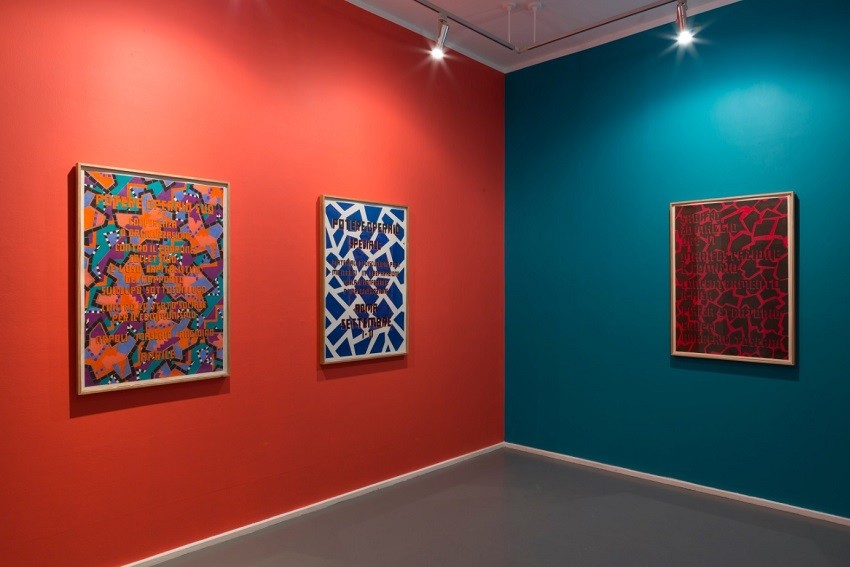CACSA: Accessible Space, Inclusive Venue

Since taking over the role of Executive Director at CACSA last November (following the retirement of the long–reigning Alan Cruickshank), Liz Nowell is already having an impact on the organisation and the local contemporary visual arts scene.